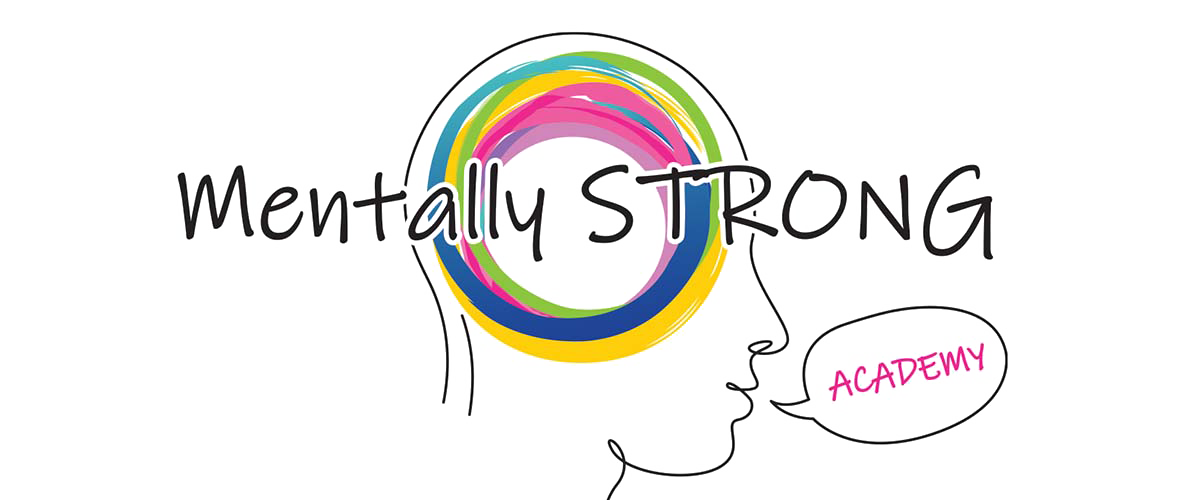Hoarding Disorder: What Can I Do?
Do you think you or someone you know has Hoarding Disorder? Recently, hoarding has become more well known because of some reality television series that shows the real-life struggles of people with Hoarding Disorders. We can actually see how this disorder can ruin one’s life and health. Hoarding is a mental health problem that is sometimes neglected by many. The earlier we diagnose this disorder, the earlier we can help those people suffering from this disorder.
Here are some of the criteria that can help us assess ourselves and the people around us if we have a hoarding disorder:

Difficulty with Discarding
Those with hoarding disorders are unable to throw away much of their things, no matter how useless these things may be. It has nothing to do with the value of the object. It can be just a piece of paper with no value at all, but it is so hard for them to let go.
They experience extreme stress in throwing away things. That’s why they keep on hoarding these items that they thought were just normal because of some sentimental value of these objects. Usually, these signs are neglected by many.
Perceived Need for these Objects
They don’t actually need the items that they hoard, but there is a perceived need. They always think that they may need it in the future, so it is hard for them to discard these items. They keep these items thinking that these items play an important part in their lives. They form an attachment to these objects that makes it hard for them to declutter.
Clinically Significant Impairment in Function
We all have the right to collect and keep things that we want or we have a perceived need for, but it becomes a disorder if it causes an impairment of function in your life. It becomes extreme that they cannot be stopped collecting or spending, and it is impeding finding joy in other things that they find enjoyable before.
What they do is based on anxiety rather than on enjoyment.
What can we do about it?
Focus on 2 things, Anxiety, and Choices:
The fear of letting go and perceived need is a part of anxiety. We have to address anxiety to help those with hoarding disorders overcome this.
We have to help them bring the anxiety down, for them to make choices to let some things go and not continue to hoard unnecessary things. Instead of hiring somebody to clean the whole house abruptly, they can start by taking a number of items that they can once a day or once a week and consistently let those things go. It could be a little change, but even one item counts.
If you continuously do that and work on your thinking while making these small choices everyday, eventually you can manage to take control of these thoughts that are causing you to hoard.
If you’ve ever researched mental health treatment or therapy, you have probably come across people or doctors talking about cognitive behavioral therapy (CBT) as an optional treatment.
At Mentally STRONG, we believe that CBT strategies vary and should be a collaborative effort between the counselor and the patient. They will work together to develop an understanding of the patient’s unique problem by mapping thoughts, identifying behaviors and choices, and making connections within areas of your life. From here, they will develop a treatment strategy that will work best.


